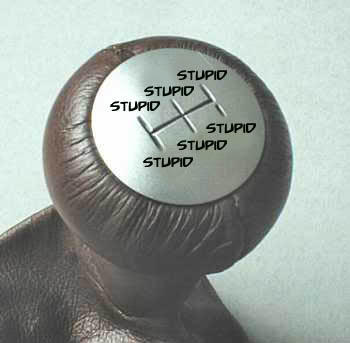 The American Petroleum Institute has new guidelines for how to be better neighbors and corporate citizens.
The American Petroleum Institute has new guidelines for how to be better neighbors and corporate citizens.
In issuing the “community engagement guidelines,” API seems to be tacitly acknowledging that oil and gas companies were slow to respond to mounting grassroots concerns about hydraulic fracturing and sending a message that the industry needs to do more to build trust with the public as it moves rigs into regions without long drilling histories. FuelFix
Most used word: Engage.
These new “standards” contain nothing new and, in fact, are taken straight from the PSYOPS conference where the word “engage” was used frequently. It is exactly the same pile of crap industry has been dishing out to communities for decades.
From the FuelFix article:
Recommendations include: (edits with links to PSYOPS conference added by me)
- Hosting forums, providing videos and conducting demonstrations to educate people about the planned and ongoing activity. (Refining the process for targeting the most successful forums for direct engagement of key stakeholders and communicators within communities.)
- Ensuring that the communication strategy addresses the economic, cultural and environmental context of the work — with consideration for the norms, values and beliefs of local stakeholders. (Understanding the wide range of community concerns from water and air quality issues to potential socio-economic impacts to proactively dispel myths and reassure communities.)
- Introducing key company and project heads to local leaders. (Inoculate decision makers and key leaders.)
- Making sure contractors, vendors and suppliers know the company’s messages on safety, environment and health practices. (Reading From The Same Playbook: How what one company says can be attributed to the whole industry, and the ways to leverage that to promote a consistent message.)
- Creating awareness campaigns on “safe driving” and maintain high standards for road safety — a practice that may help ease concerns about surging traffic from trucks hauling sand, water and other supplies.
- promptly addressing community questions and inquiries. (Successful strategies for building grass-roots community support that can be transposed to high-density communities in new operational areas to minimize community uprising.)
Please note that addressing questions and inquiries is NOT the same as addressing and fixing problems. If this industry were truly interested in being a better neighbor, the recommendations would look like this:
- Do not drill or frack near where people live, work, play and worship. A minimal setback should be 1/2 mile.
- Hosting forums, providing videos and conducting demonstrations to educate people about the real risks to health, safety, water and air.
- Pay for third party baseline testing of air water and soil and develop a plan for fair compensation when contamination occurs.
- Keep your gas in your pipes at all costs so the neighbors will not suffer health impact and climate change will not accelerate.
- Compensate neighbors fairly for loses and help them relocate when desired.
As my friend, Lisa Bracken, said in Gasland: You can put a bow on a pile of crap and it’s still a pile of crap.
About Sharon Wilson
Sharon Wilson is considered a leading citizen expert on the impacts of shale oil and gas extraction. She is the go-to person whether it’s top EPA officials from D.C., national and international news networks, or residents facing the shock of eminent domain and the devastating environmental effects of natural gas development in their backyards.
- Web |
- More Posts(5121)
Please, Citizens! Please allow us to keep lining our pockets at the expense of your well-being, and while destroying the Earth for our own gain! ! What is the matter with you?!
http://www.star-telegram.com/2014/07/11/5965220/oil-and-gas-regulator-chairman.html